After Vassar
Alum Profiles
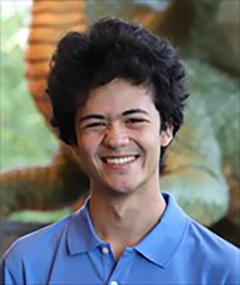
Jack Fuld ’24
Based in Madison Wisconsin, Jack is working as a project manager at Epic Systems, an Electronic Health Record company. As project manager, Jack travels to hospitals and clinics to help install and customize Epic services.
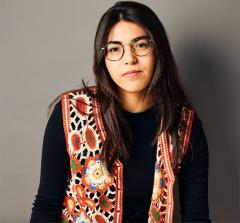
Miranda Cornell ’23
Since graduating, Miranda has been working as a theater director in NYC and elsewhere across the country. She is currently the Associate & Resident Director of Broadway’s ‘The Outsiders’ which won the 2024 Tony Awards for Best Musical and Best Direction of a Musical.
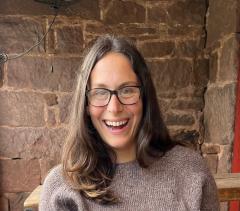
Sydney Forman ’23
After graduating, Sydney received a master’s degree in Elementary Education from George Washington University in Washington, DC. She is now teaching 4th grade at Arlington Traditional School in Arlington, Virginia.
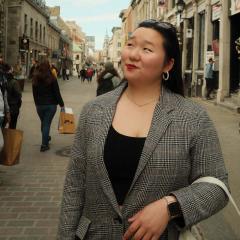
Sophia Wood ’23
Upon graduating from Vassar, Sophie has been working as the Project Coordinator for Community Outreach and Engagement for Maine Public Radio. In that role, she has been involved in a variety of projects, including a kids literacy tour, production of the television show High School Quiz Show Maine, and initiatives designed to support second language learners in Maine.
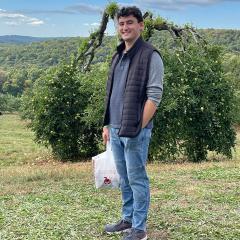
Ryan Mazurkiewics ’22
After graduating, Ryan became the senior teacher for lower school math and after-school coordinator as well as a 6th-grade math teacher in Queens. In addition to his teaching work, Ryan also coaches track, runs a dnd club, and is in the process of applying to grad schools to pursue educational policy.
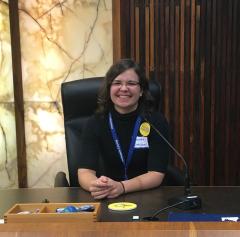
Chelsea Sheldon ’22
A resident of Minneapolis, MN, Chelsea has supported a variety of government offices, non-profit organizations, and city council campaigns, before co-founding Believe in What’s Possible, a youth-led civic engagement and education non-profit. The organization strives to teach young people how to create social change.
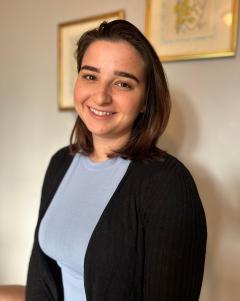
Mia Geidushek ’20
Mia worked a number of different jobs after graduation including assistant teaching, research, and working for a mental health company. Now she is in graduate school at Columbia University Teachers College, studying counseling psychology, and is in training as a Mental Health Counselor.
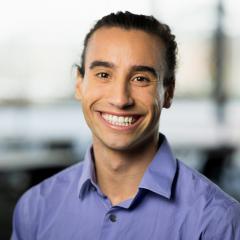
Marc Milone ’20
After graduating, Marc worked for a year as an in-home tutor to support special education students in their virtual coursework during the pandemic, and then moved on to a full-time role as an EHR Software trainer for physicians at Epic, a Healthcare IT company based in Madison, Wisconsin. Now, he is traveling the world as a yoga instructor, with plans to pursue a masters in social work starting later in 2025.
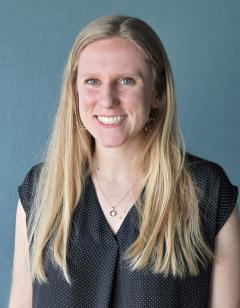
Isa Peczuh ’20
After a year as an Americorps member with City Year Providence, Isa has been pursuing her PhD in Educational Psychology at the University of Minnesota. In her research, Isa is using qualitative research methods, sociocultural theories, and asset-based framework to explore different ways in which youth from marginalized groups see science, technology, engineering, and math (STEM) as a part of who they are (i.e., STEM identity), as well as the role that families and adults play in promoting youth STEM identity.
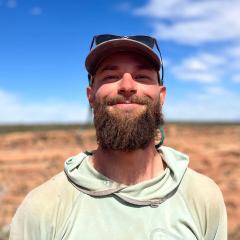
Ethan Pierce ’20
Based around the rivers and deserts of Utah, Ethan has been working in the field of Outdoor Education leading multi-day rafting and camping trips for youth and adults. In these trips, he focuses on teaching valuable outdoor survival skills, as well as environmental and leadership education.
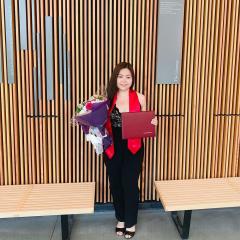
Angela Kim ’19
Angela started teaching in a New York City charter school for a few years while acquiring her Master’s Degree and special education teacher certification in grades 1–6 for the state of New York, before moving back to her hometown of Pennsylvania and getting certified to teach PreK-6th grade. She is currently a 5th-grade teacher at a public school in Delaware County, PA.
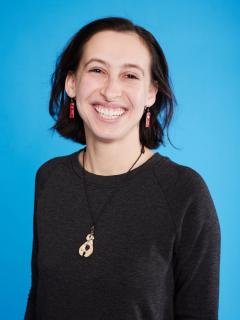
Emma Butensky ’18
After graduating, Emma started teaching full time and went on to receive her M.S.Ed. in Early Childhood Education from Bank Street Graduate School. She is currently teaching pre-K at Compass Charter School in Fort Greene, Brooklyn.
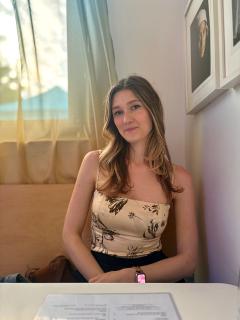
Olivia Lerman ’18
For the first 5 years post-grad, Olivia worked as a special education teacher in a self-contained classroom for students with severe disabilities. Now in her 6th year of teaching, she is working in an inclusion setting.

Yesenia Perez ’18
After graduating, Yesenia earned her M.Ed in Arts in Education from Harvard. Now, as a Partnership Coordinator for Claremont Graduate University (CGU), Yesenia applies her multidisciplinary expertise to the field of teacher education by designing interdisciplinary, arts-based programs that promote civic engagement and inspire social change while sustaining partnership pathways into the profession and activating CGU alumni and community networks.
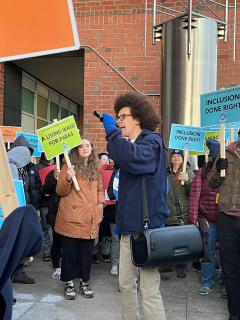
Cecil Carey ’17
Cecil is a US History teacher in Boston Public Schools and an organizer with the Boston Teachers Union. He is currently the co-editor of the Boston Teachers Union’s newspaper and elected to its Executive Board, where he fights for Workers’ Rights, Social Justice, and Student Learning.
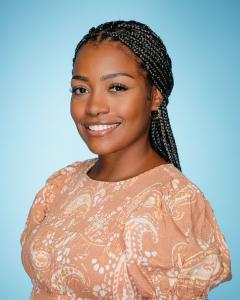
Lily Harford ’17
Lily is currently in her 7th year as a teacher in a New York City independent school. In this position, she mentors associate teachers and creates curriculum across all subjects and skills, including cursive and social emotional learning.
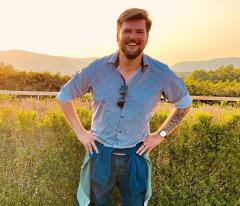
Sam Rebelein ’16
Since completing his certification, Sam has worked as an English teacher and tutor in a variety of different places including a private tutoring company, working with middle schoolers, teaching 9th grade during the pandemic, and teaching ENG 101 at Texas Tech University. After receiving a book deal with Harper Collins, Sam moved back to Poughkeepsie to pursue writing, and now on his third book, he is working as a tutor in the Writing Center at Dutchess Community College.
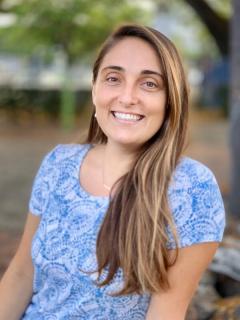
Cara Chaudron ’14
After earning a Master of Arts in Teaching (MAT) and a license as a Teacher of Students with Moderate Disabilities at Brandeis University, Cara taught 3rd grade in Cambridge, MA before moving back to Hawai’i to begin working at SEEQS: the School for Examining Essential Questions of Sustainability, a public charter middle school in O’ahu. Throughout her 10 years there, she has taken on many roles including teaching 6th & 8th-grade math, advisory, and an interdisciplinary project-based class, earning a Doctorate in Education, and most recently serving as the Director of Teaching and Learning.
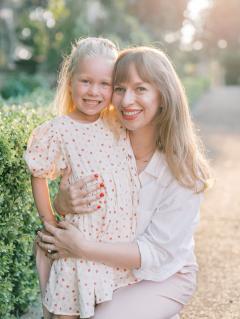
Amanda Zelgis Hand ’13
Amanda has spent the majority of her years since graduating working in the educational technology industry. In addition to having earned her EdM in Technology, Innovation, and Education from the Harvard Graduate School of Education, Amanda is currently a Senior Corporate Communications Manager at Grammarly, where she works to ensure that the external communications tell a consistent story about Grammarly’s product and brand.
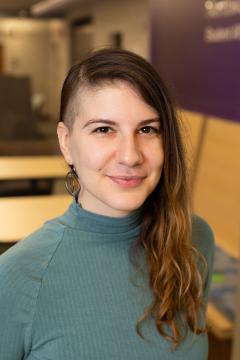
Melanie Muskin ’10
After graduating, Melanie spent over a decade working in New York City schools as a teacher and administrator. Now, alongside mentoring student teachers at Vassar, Melanie is exploring how administrators can best support teachers so they can be happy, healthy, and love what they do as she gets her PhD in Human Development and Social Policy from Northwestern University.
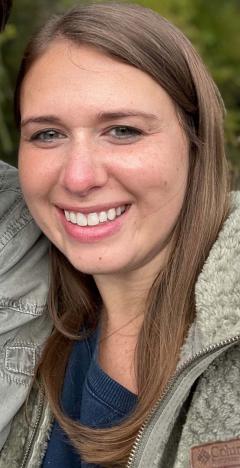
Anne Marie Wyks Spiegel ’07
Alongside earning a 2-year Orton-Gillingham certificate through Fairleigh Dickinson University (FDU), attending the Teachers College Summer Institutes for Reading and Writing, and getting her Masters in Education with Reading Specialty and Supervisor Endorsement, Anne taught 3rd grade for six years and 4th grade for four years. Recently, Anne was promoted internally to the English Language Arts Coach and Instructional Supervisor position in her district, a role with a wide range of responsibilities and opportunities.